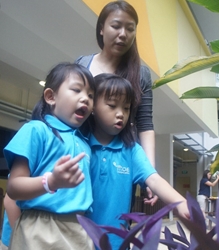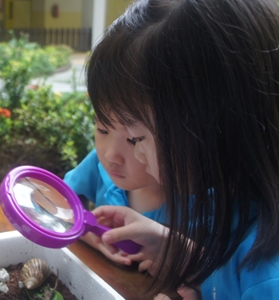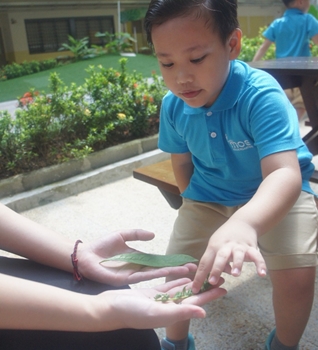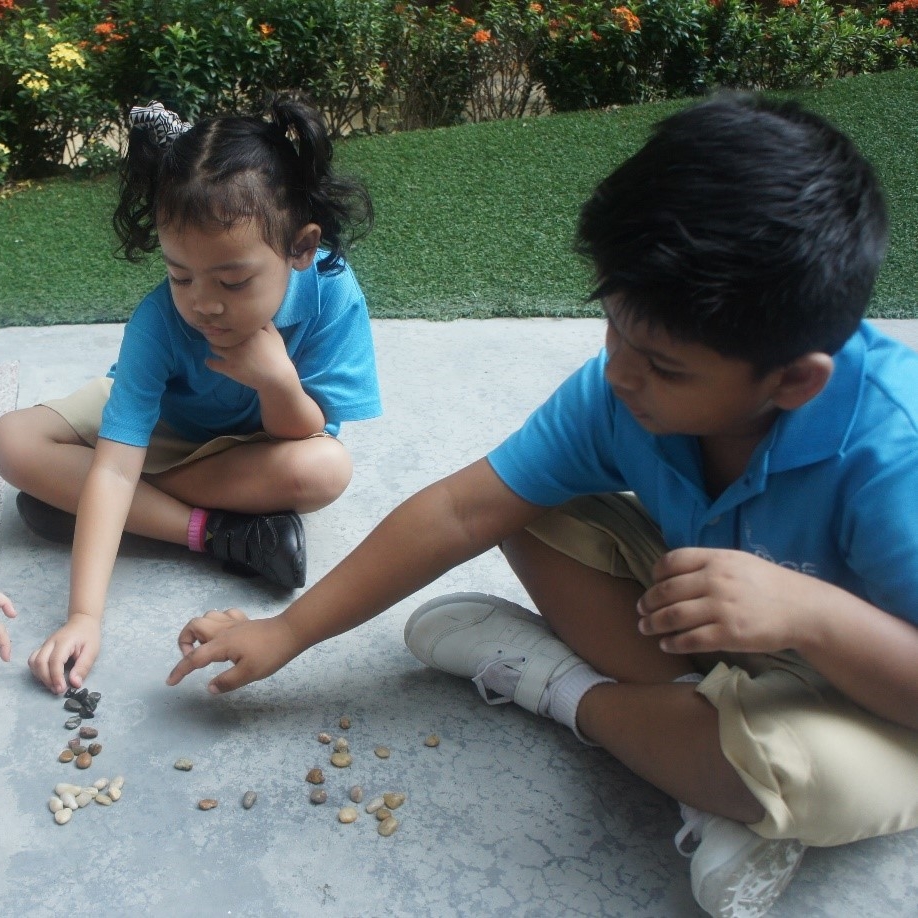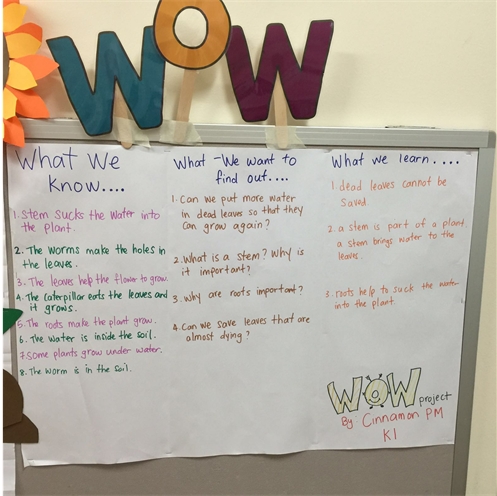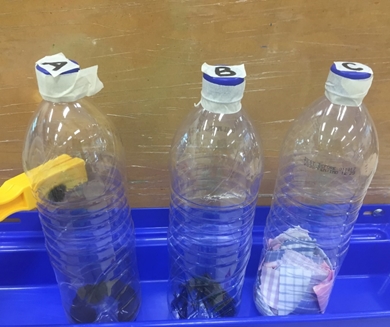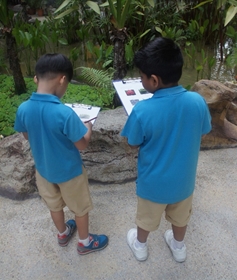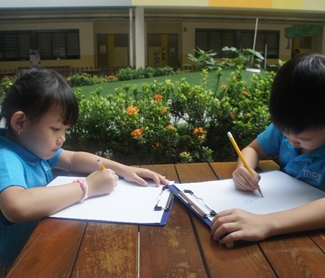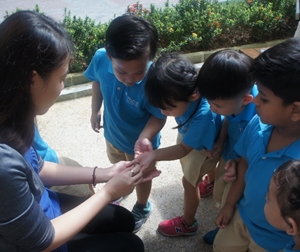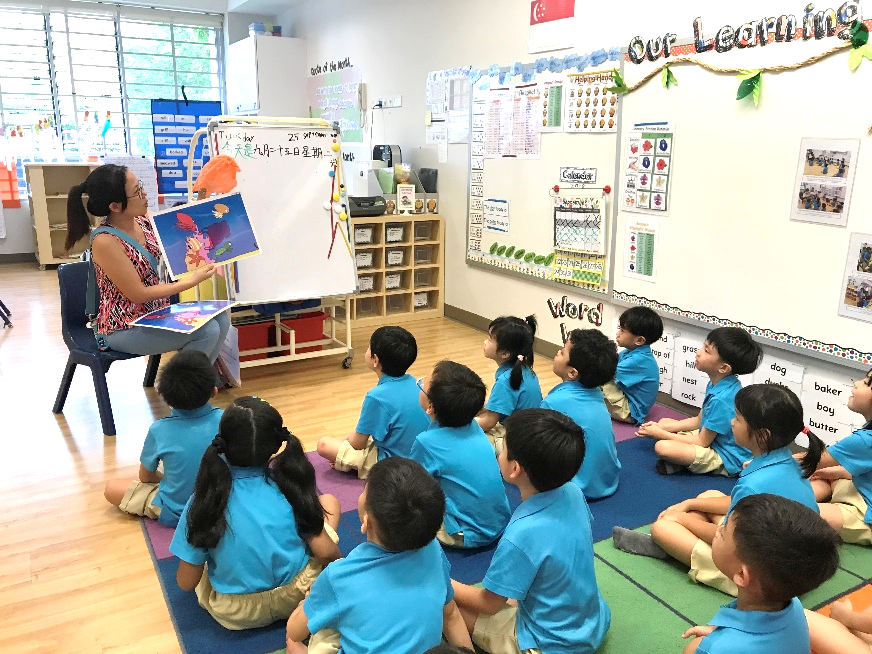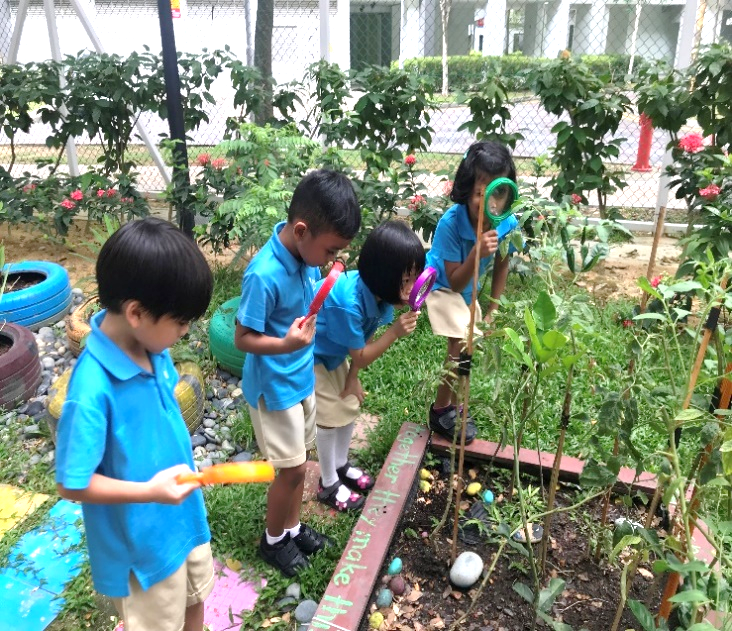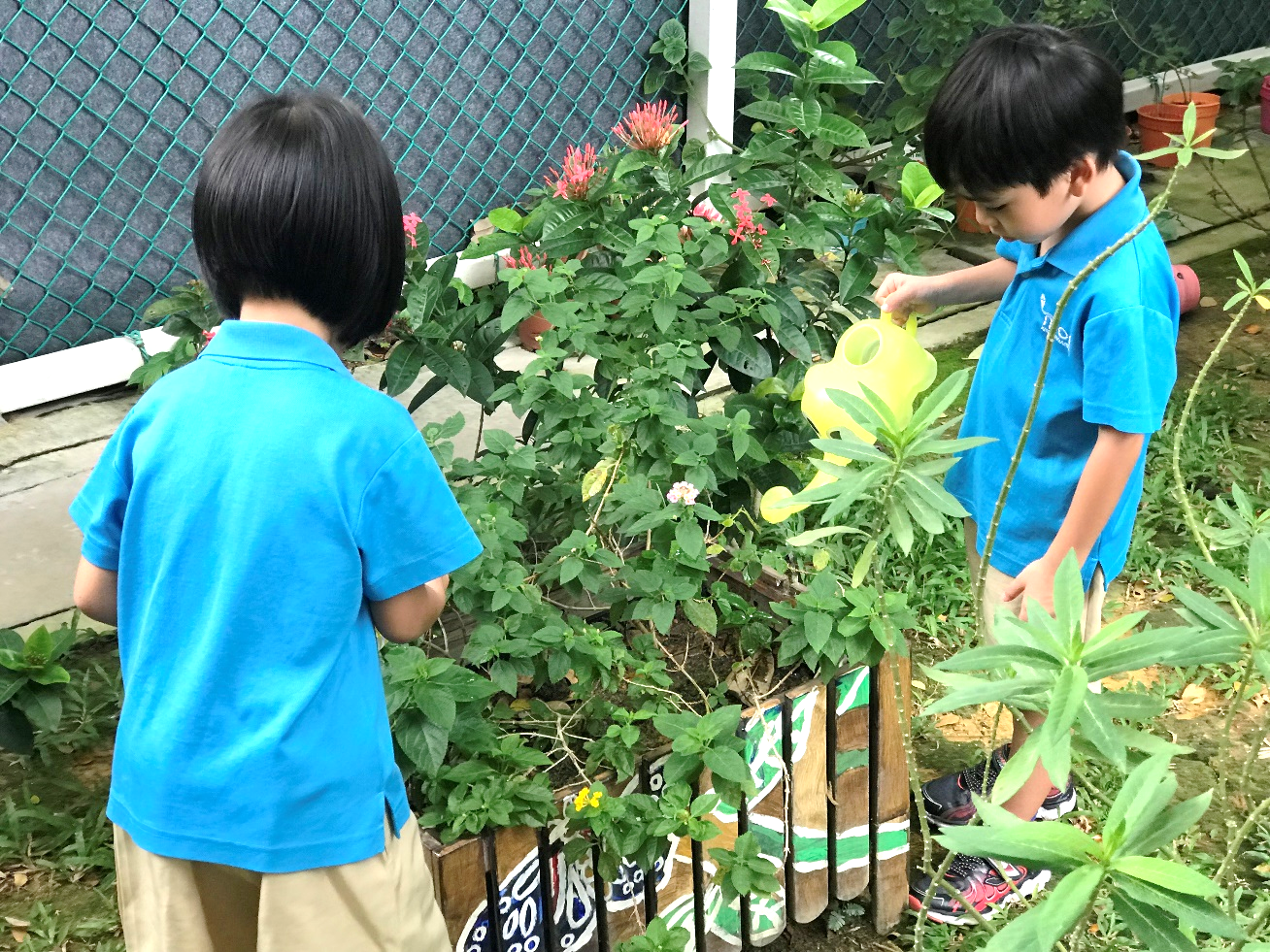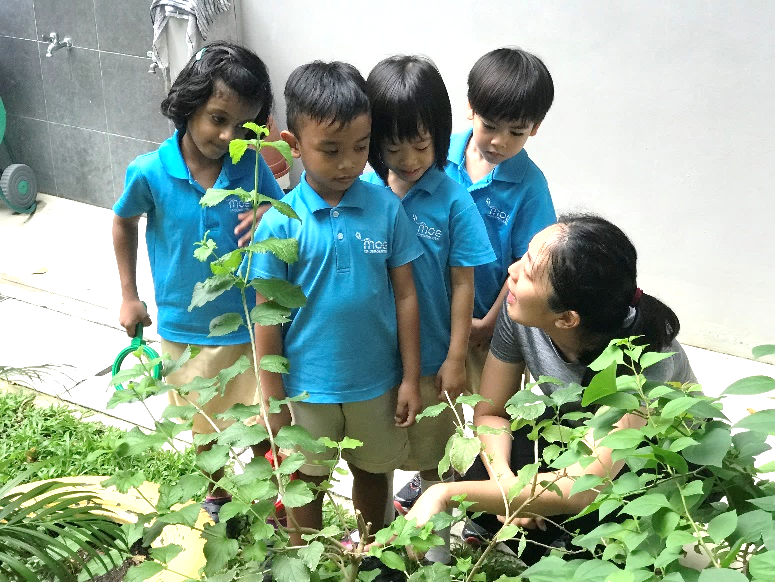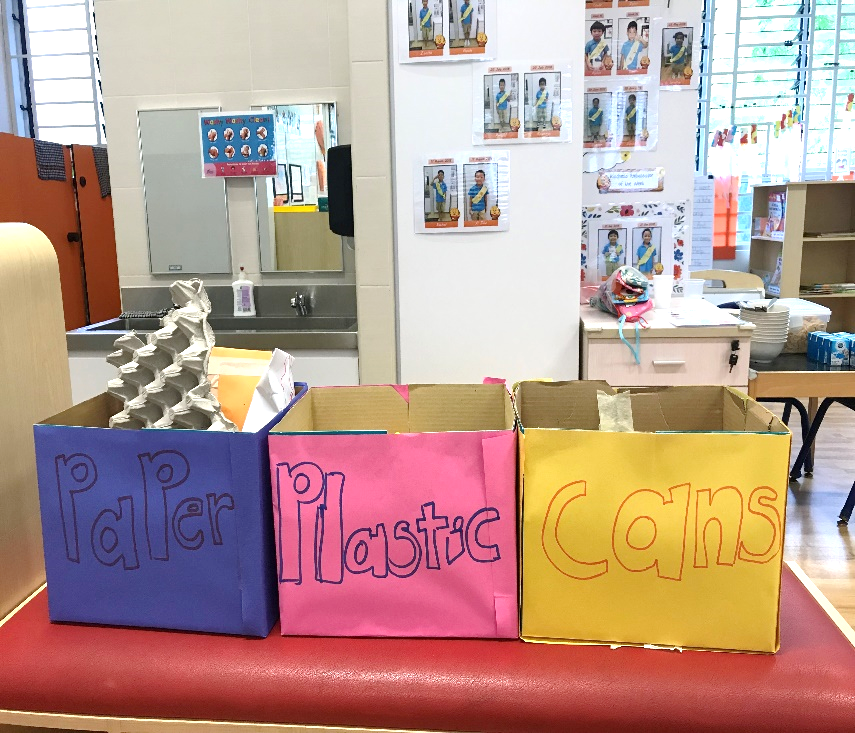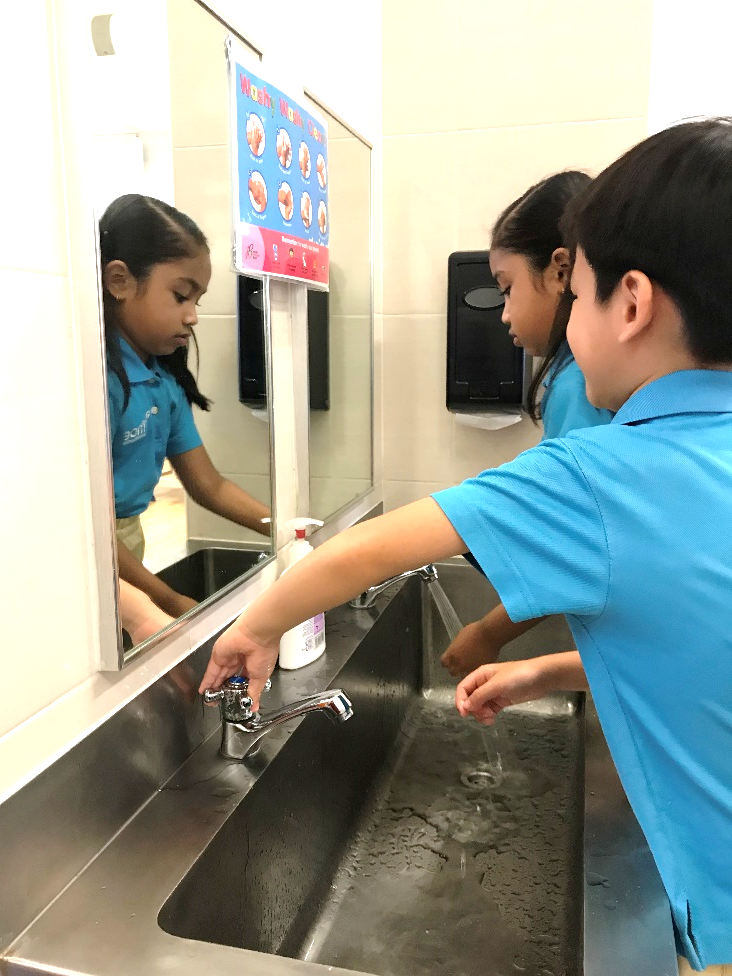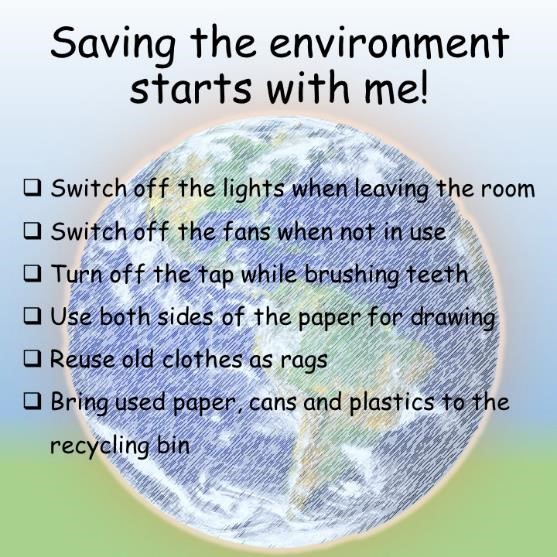Home >
Teaching and Learning >
Learning Areas >
Discovery of the World
Discovery of the World
What is it?

|
|
| Find out more |
|---|
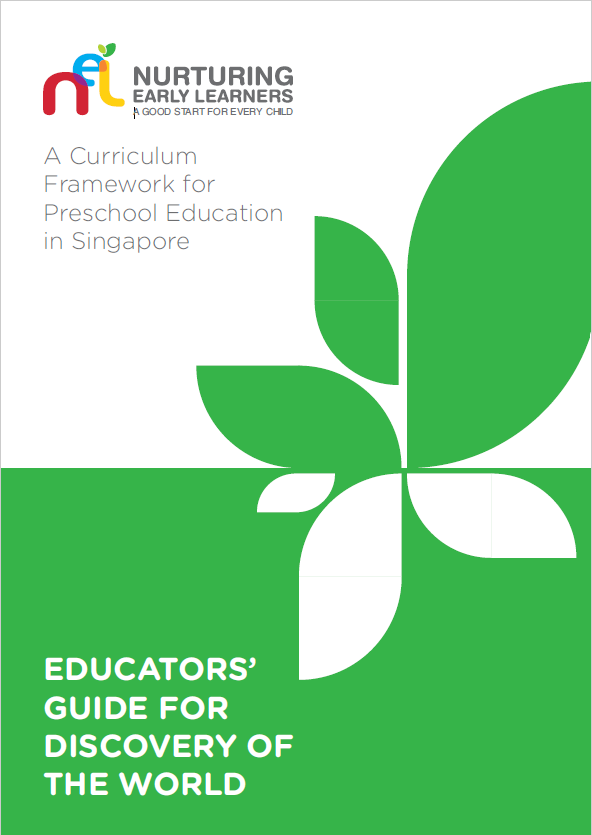 |
Why is it important?

|
|
| Find out more |
|---|
 |
Photo Story 1
Let's talk about Process Skills!
It is important for children to develop process skills such as observing, comparing, classifying, predicting, experimenting, recording and communicating. As they develop these skills, they begin to gain confidence in their ability to think, reason, build connections, make representations and communicate their ideas to others.
Find out how you can use everyday items and activities to provide opportunities for your children to observe, compare, ask questions, experiment and discover!
Photo Story 2
Developing a Sense of Responsibility and Care for the Environment
It is important to cultivate a positive attitude towards the environment in children from a young age. This helps them to recognise their responsibility in protecting the environment. How can you help your children to value and appreciate nature, and understand the importance of being responsible and showing care and respect for the environment and their role in it?
